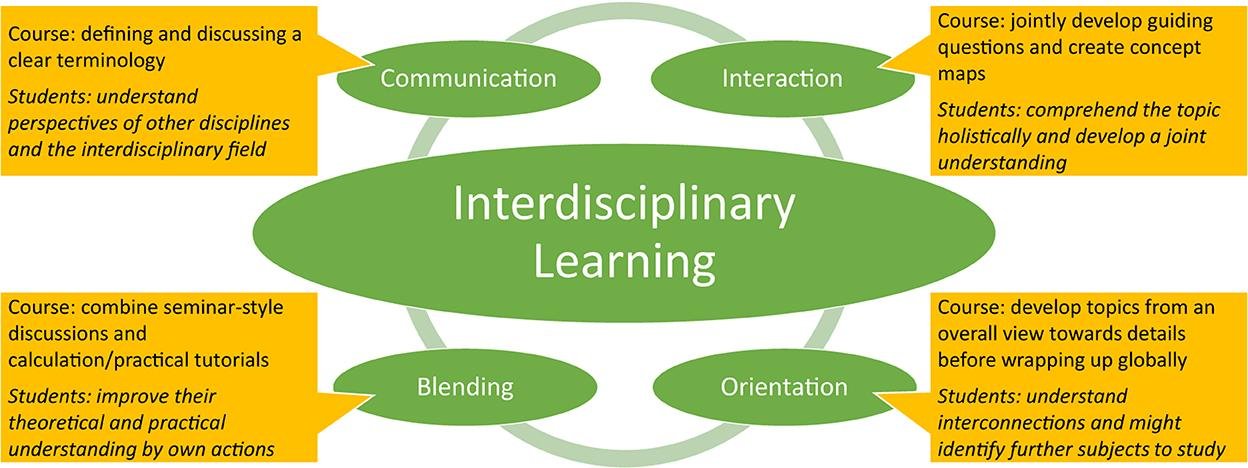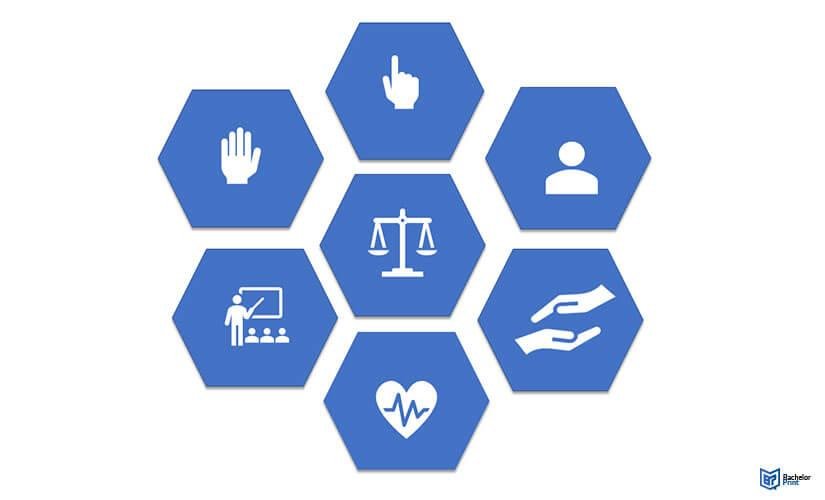Adapting Legal Education for the Age of Smart Contracts

Introduction
As technology advances quickly, the law is also evolving, responding to new innovations that shape our society. One of the biggest changes is the rise of smart contracts—automated agreements that run on blockchain technology. These contracts promise more efficiency and security but also bring new questions about how they should be interpreted and enforced. As we enter this new digital era, legal education must adapt to ensure future lawyers are ready to navigate this complex landscape. This article explores why it’s essential for law schools to update their curricula to include smart contracts and related technologies. By combining traditional legal principles with modern innovations, legal education can equip students with the skills needed for the future.

Reimagining Curriculum: Integrating Technology and Smart Contracts into Legal Studies
In today’s fast-changing world, it’s no longer optional for law schools to integrate technology into their curricula—it’s a necessity. Smart contracts, in particular, have the potential to change how legal agreements are made, moving away from paper-based contracts to automated, digital ones. To prepare students for this shift, legal education should:
- Offer practical workshops where students create and test smart contracts.
- Develop case studies on the legal implications of blockchain and automated agreements.
- Collaborate with tech experts to teach about decentralized apps and their legal contexts.
Additionally, courses should cover the legal frameworks governing smart contracts, combining both theoretical and practical knowledge. A suggested course roadmap could look like this:
| Course Element | Description |
|---|---|
| Fundamentals of Blockchain | Understanding the basics of blockchain technology and its applications. |
| Smart Contract Law | Exploring the unique legal challenges and opportunities presented by smart contracts. |
| Practical Applications | Hands-on experience in creating and testing smart contracts. |

Cultivating Interdisciplinary Skills: Bridging Law, Computer Science, and Business
As technology and business continue to advance, it’s important that law schools teach students to collaborate with professionals from other fields, like computer science and business. Legal education should cover topics such as:
- How blockchain impacts legal systems.
- Business models that use smart contracts.
- Ethical concerns related to artificial intelligence and automation.
- Regulatory challenges in adopting new technologies.
To prepare future lawyers, an interdisciplinary approach is essential. Law schools can work with computer science and business programs to create a hands-on learning environment. Examples of this collaboration include:
| Collaboration Type | Description |
|---|---|
| Joint Workshops | Interactive sessions where students solve real-world problems in teams. |
| Cross-Disciplinary Projects | Capstone projects that require input from all three fields. |
| Industry Partnerships | Internship opportunities with tech and legal firms focused on smart contracts. |

Fostering Practical Experience: Creating Opportunities for Real-World Application
To be truly effective, legal education must also provide practical experience. Law schools should offer students opportunities to engage with real-world scenarios, such as:
- Internships at firms specializing in blockchain and smart contracts.
- Simulation exercises that allow students to practice contract negotiations using smart contracts.
- Collaborative projects with tech companies to create legal frameworks for emerging technologies.
By working directly with legal tech companies and startups, students can gain invaluable insights into:
- The design of contracts that address both legal and technical aspects.
- Risk assessments related to automated contract enforcement.
- Challenges in ensuring regulatory compliance with smart contracts.
| Practical Experience Components | Benefits |
|---|---|
| Internships | Hands-on experience in legal tech environments |
| Simulation Exercises | Improved negotiation and contract drafting skills |
| Collaborative Projects | Networking opportunities with industry professionals |
| Workshops | Direct learning from experts in the field |
You May Also Like: Legal Challenges and Risks Associated with Smart Contracts

Enhancing Ethical Considerations: Navigating the Legal Implications of Automation
The rise of smart contracts and other automated systems also raises important ethical and legal questions. Legal education needs to tackle these challenges to prepare future lawyers for understanding the complexities of automation. Several important areas to concentrate on are:
- Liability: Who is responsible if a smart contract fails or causes harm?
- Data Privacy: How should we protect personal data in automated systems?
- Regulatory Compliance: How do we adapt laws to account for new technologies like smart contracts?
By teaching students about these issues, law schools can prepare them to advocate for ethical standards in the tech industry. A framework for this could include:
| Key Competencies | Description |
|---|---|
| Legal Literacy | Fostering a deep understanding of existing laws relevant to automation. |
| Ethical Decision-Making | Developing frameworks for ethical considerations in technology deployment. |
| Interdisciplinary Collaboration | Encouraging partnerships between law, technology, and ethics disciplines. |
Future Outlook
As technology continues to shape the legal landscape, it’s clear that legal education must evolve. Smart contracts are just one example of how technology is changing the field. Law schools must equip students with both the technical and ethical knowledge to navigate a world where traditional legal practices meet new digital innovations.
To do this, legal education must become more interdisciplinary, with students learning to collaborate across fields like law, technology, and business. By embracing this approach, law schools can ensure that future lawyers are ready to lead in a world of digital agreements, blockchain, and automated systems.
The future of legal education lies in adapting to change, fostering collaboration, and ensuring that the spirit of the law remains intact as technology evolves. The challenge is not just about keeping pace with new technologies but ensuring that the law continues to safeguard the rights and interests of all people in this digital age.
By nurturing a new generation of legal professionals who understand both the doctrines of law and the tools of digital innovation, we can create a legal system that is just, effective and clear in the era of smart contracts. Together, we can shape the future of legal education and the role of technology in the legal world.
















































































































































































































































































































































































































































































































































